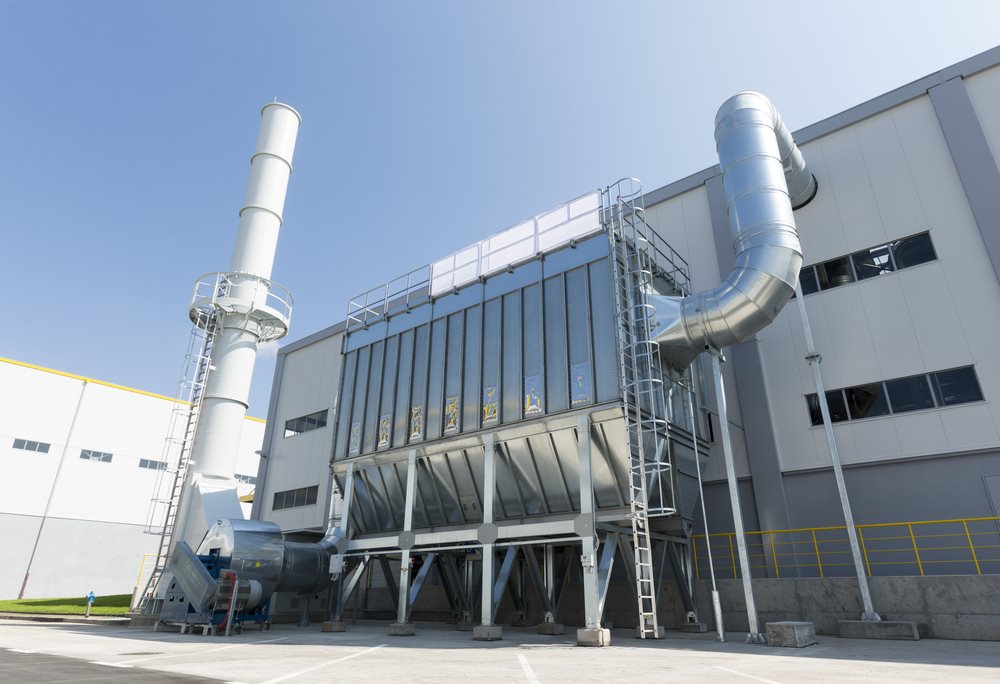How has energy from waste been affected by Covid-19?
Energy from waste (EfW) is one of the renewable energies of the future. Also known as waste-to-energy, it would be an injustice to call EfW an emerging market since it’s already a multi-billion-pound industry.
By 2019, the waste-to-energy market had employed 39,000 people. While the industry has grown since then, there remains the question of how energy from waste has been affected by Covid-19. Read on to hear how the market was impacted and what is on the horizon for this renewable energy.
A disruption to the workforce
There are around 2,500 active EfW plants worldwide. Though the waste-to-energy market is worth almost as much as the offshore wind market, it is technically in its nascent stage, meaning that more EfW plants are in the pipeline.
Energy from waste plants are a prime example of innovative renewable energy solutions. But for them to operate, they need a team of facility staff to oversee the generation of this green electricity. However, with social distancing regulations and lockdowns enforced in many countries, employees could no longer travel to recycling waste and energy generating facilities. Travel restrictions also caused a set back to the construction of new EfW plants. In spite of this, the market continued to grow.
Growth in a time of crisis
The pandemic constricted market growth for many sectors, but that was not the case for renewable energy. In the early months of lockdown, the demand for green energy shot up by 40% in the US and 45% in India. This gives a snapshot of the direction the energy market is heading in. But what did the pandemic mean for energy from waste?
China’s waste-to-energy market actually grew by 21% during the pandemic. Before the outbreak, we were already seeing an inclination towards renewable energy, and the virus appears to have accelerated the demand. As many countries adopt a green recovery roadmap, governments will be looking to invest more in energy from waste plants and assessing how these plants can be more efficient.
A career in energy from waste
The renewable energy jobs boom shows no sign of slowing down. So what EfW jobs are available to you? Here are a few of the top energy from waste jobs we recruit for at Quanta and what they entail:
- Civil engineer – This EfW job will see you setting out, levelling and surveying an EfW construction site, liaising with designers and mechanical engineers, and resolving technical problems.
- Construction supervisor - Under the supervision of the operations manager, a construction supervisor will oversee all civils activities, including building and road works. They also supervise quality activities to ensure the project delivers.
- Shift team leader – These energy from waste employees oversee all project aspects during construction until handover to the commissioning team.
Whether you already have experience working in waste-to-energy, biomass or the wider renewable energy market, this could be a promising career route for you. An energy from waste job can take you all around the world. Harnessing renewable energy was once revolutionary. But now, countries are more aware of the benefits of green energy, and it is only the beginning for energy from waste recruitment. What’s more, the opportunity to make a positive impact on the environment is one of the top reasons to work in renewable energies.
Let Quanta help you find your next energy from waste job
If you’re looking for an energy from waste recruitment agency, then you’ve come to the right place. Our consultants have a depth of experience in the renewable energy market and never stop looking for ways to update and refine their knowledge. Browse our latest energy from waste jobs or submit your CV, and one of our consultants will be in touch.





.png?v=b063bae722cc20e86f7c80b91426db55)
.png?v=36a90c86dfc9fe9c10b03095e461dfe9)
.png?v=7259765cdc3b6c865cda1162874097a8)